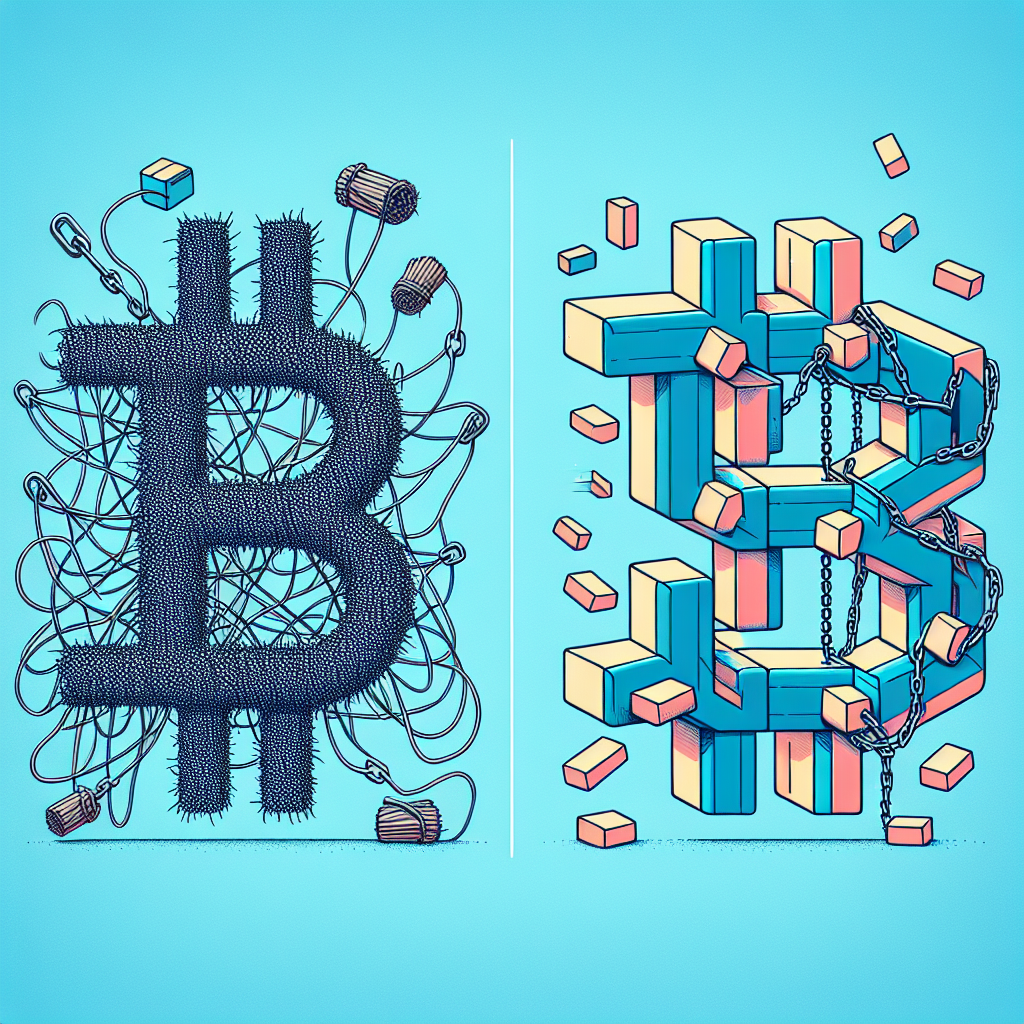Introduction
In recent years, blockchain has emerged as one of the most innovative technologies, driving significant changes across various sectors. One of the most promising areas where blockchain is making a substantial impact is in supply chain management. This article delves into how blockchain technology is revolutionizing supply chains, ensuring transparency, security, and efficiency.
The Basics of Blockchain Technology
Blockchain is a decentralized and distributed ledger technology that securely records transactions across multiple computers. This ensures that the recorded data is immutable and can be verified by all participants in the network.
Key Features of Blockchain
- Decentralization: Eliminates the need for a central authority, reducing the risk of data manipulation.
- Transparency: All parties have access to the same data, enhancing trust among stakeholders.
- Security: Cryptographic techniques protect data integrity and privacy.
- Traceability: Each transaction is recorded with a timestamp, allowing easy tracking of products throughout the supply chain.
Enhancing Transparency
One of the most significant benefits of blockchain in supply chain management is its ability to provide end-to-end visibility. With a shared, immutable ledger, all stakeholders, from manufacturers to retailers, can view the journey of products in real-time. This transparency helps in:
- Building Trust: Consumers can verify the authenticity of products, leading to increased confidence in brands.
- Reducing Fraud: Enhanced visibility makes it harder for counterfeit goods to enter the supply chain.
Increasing Efficiency
Blockchain streamlines supply chain processes by enabling faster and more accurate transactions. Smart contracts, which are self-executing contracts with the terms directly written into code, automate processes such as payments and inventory management. This reduces delays and operational costs.
Examples of Efficiency Gains
- Automated invoicing and payments.
- Real-time inventory tracking to minimize stockouts and overstock situations.
Improving Security
The use of blockchain technology enhances the security of supply chains. By providing a tamper-proof system for recording transactions, blockchain helps in:
- Protecting Sensitive Information: Only authorized users can access data, reducing the risk of leaks.
- Curbing Fraud: The transparency and traceability of blockchain make it easier to spot and address any irregularities.
Real-World Applications
Several industries are already harnessing blockchain technology to optimize their supply chains:
- Food Industry: Companies like Walmart are using blockchain to trace the origin of products, ensuring food safety and traceability.
- Pharmaceuticals: Major pharmaceutical companies apply blockchain to track medications, combatting counterfeit drugs.
- Fashion Industry: Brands are implementing blockchain to prove the authenticity of luxury goods.
Challenges and Future Prospects
Despite the potential benefits, there are challenges to widespread adoption of blockchain in supply chain management:
- Integration with Legacy Systems: Many businesses still rely on traditional systems, making integration complex.
- Scalability Issues: Current blockchain networks may struggle to handle large transaction volumes.
However, as technology evolves and solutions emerge, the prospects for blockchain in supply chain management remain bright.
Conclusion
Blockchain technology is undeniably revolutionizing supply chain management by providing increased transparency, security, and efficiency. With real-world applications already demonstrating its potential, the future of supply chains looks promising as more companies begin to adopt this transformative technology.

